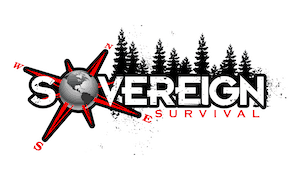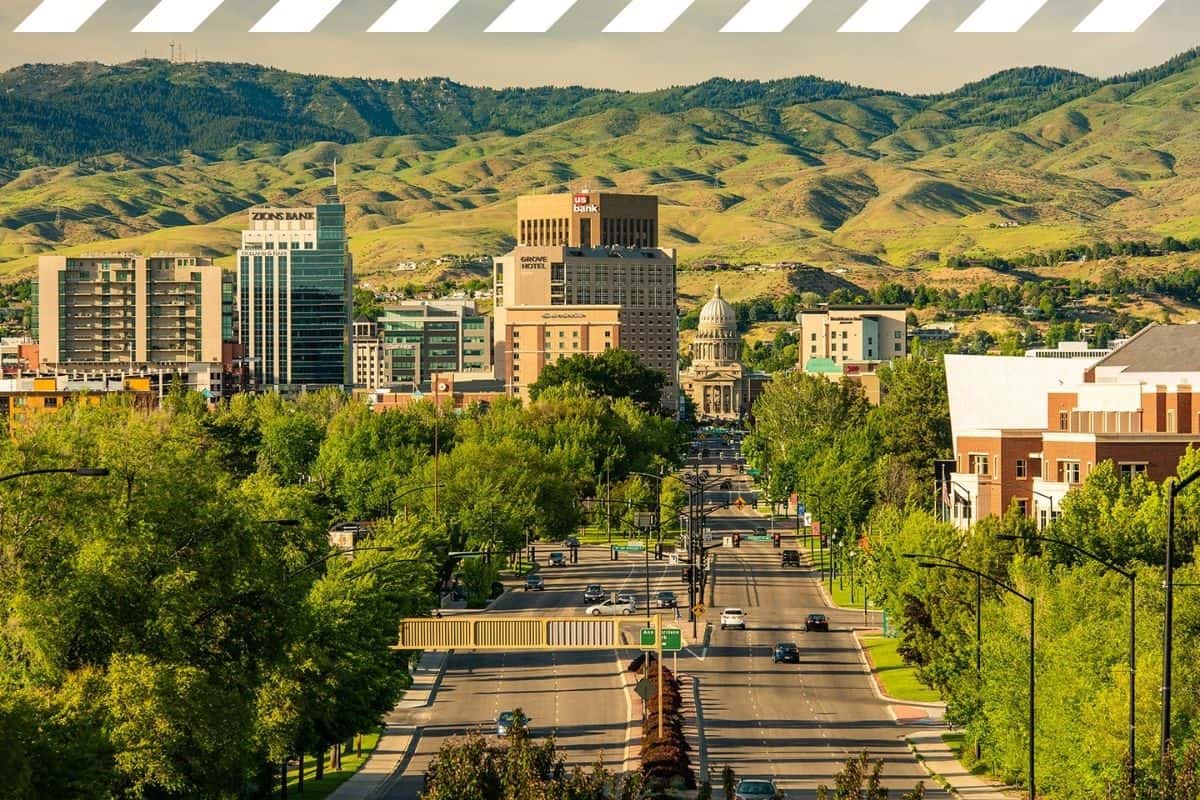Many people believe that in order to live off the land one must own a lot of property with gardens and chicken coops at the minimum. Not true. To eat well from the earth does not require a rural habitat. It does, however, require some skill and a bit of education.
There are two types of urban forager. The first is the herbal urban forager who seeks out edible and useful plants in city parks and gardens. The second is the “dumpster diving” forager who seeks out food and useful items from the discards of others.
A well-studied herbal forager knows not only which plants can be eaten but also which are poisonous, which can heal, which can be touched and which can be mixed together. While an educated second-hand seeker can differentiate between what is edible or reusable and what is junk.
There are, however, a few essential basics every forager needs to know about urban plant life, wild foods and the regulations for foraging.
The Many Benefits to Foraging
Food foraging can be a wonderful hobby, a great way to commune with nature or get to know the neighborhood, and a sublime skill set to have. In today’s society, we ingest more processed and packaged foods than we do fresh from the earth.
For many people, finding fresh foods, especially in large cities, is usually limited to visiting a farmer’s market or taking a drive out of town. However, people with a strong knowledge of edible wild plants can find fresh food almost anywhere.
Learning about edible plant life opens up a whole new world of flavors and recipes for many people. Other forms of urban foraging can be exciting as well. Many foragers have made lucrative discoveries as well as nutritious ones.
1. Know Your Rights; Know Their Rules
Foraging for plants on public property is perfectly legal most of the time and in most places. As a matter of fact, many public parks, gardens and nature trails are happy to have the more invasive species’ foraged out. There are exceptions, however. Always check local and city ordinances before the picking begins.
Urban foraging of neighborhood garbage receptacles is prohibited in many cities and towns. Again, check the local laws.
2. Study Up
It is essential that any forager do their homework in order to avoid a meal of rancid meat and poison oak. Knowing what is poisonous, the fresh life of any edible as well as how to harvest, store and prepare them is obviously important. It is also beneficial to know the approximate value of anything found.
3. Cycle Savvy
Everything in life has cycles. Being aware of these cycles gives any forager an advantage. Those who forage the streets and alleyways need to be keenly aware of human cycles and schedules on which the city runs. Herbal foragers must know the cycles of nature that are specific to their climate as well as when and where pesticides and herbicides are regularly used.
4. Quantity Control
Some plants or items will appear in abundance throughout each foraging trek. For the herbal forager, dandelions or violets may be the titleholder. Whatever it is, if there’s plenty of it or it’s considered invasive or non-organic, take as much as desired.
5. Seek Out Variety
No matter what the intention of the hunt, i.e. to gather a meal or snack or to resell, it is always better to have too much variety or too many options that not enough. A salad of just greens will leave any diner unsatisfied. Look for nuts to go in the salad. Mushrooms are a good addition as well but can be highly poisonous, so take caution and do research first.
6. Balancing Things Out
Currently, most Americans have the great fortune of not needing to provide ourselves with entire meals from our back yard or local park or neighborhood dumpster. People participate in urban foraging for a number of reasons but the main theme seems to be future preparedness. Having a foraging skillset is very useful in long-term emergency situations. Integrating foraged foods into meals now will make any future transitions all the easier.
7. Healthy Habits
No matter what fashion of foraging a person is akin to, there are health and safety precautions that must be taken. First, and foremost, is to wash everything! In the city, especially, it is essential to thoroughly clean anything that will be ingested.
Second, be able to recognize the signs and symptoms of disease and steer clear. Third, watch for allergic reactions to anything found. Finally, wear gloves and other protective gear when gathering treasures and tea ingredients.
Urban foraging can be a great hobby, a good skill, a money saver and a grand adventure all in one. Many folks who begin foraging for economical or health purposes continue due to the sense of peace and community that can come from the activity of foraging itself.






